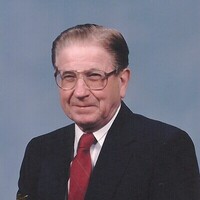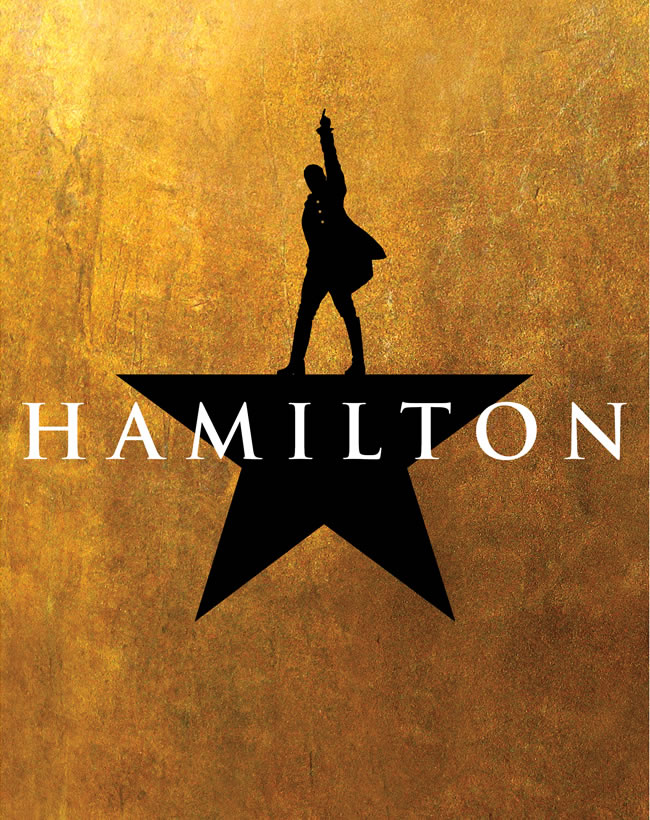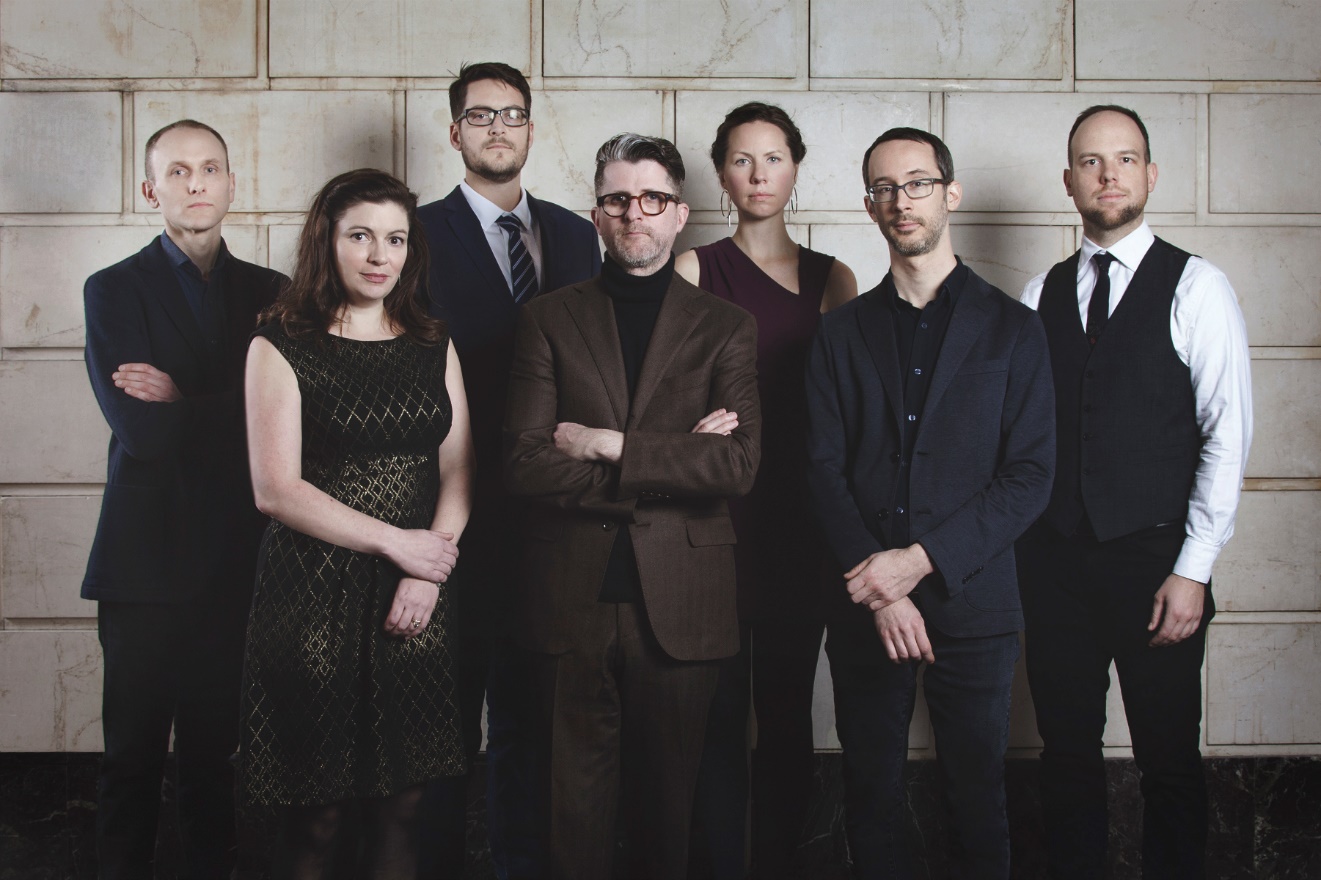Wayne E. Rosen
October 14, 1923 - August 9, 2023
My dad was really a musician who happened to become an engineer. Engineering paid better and suited him well in his logical approach to life, but his heart was in music. As a youth, Dad picked up the trumpet and played it well into adulthood. Mom fell in love with his embouchure or “trumpet lips”. By the time Dad was 10 years old (1933) the jazz age had matured and the big band era was beginning. At a young age, Dad formed his own band – Boo Rosen and The Royal Mikado’s. They played at his father’s Hollyhock (roadhouse on S.R. 34, now 136) in Jamestown and other towns in the area. Too young to drive, his brother, Atwood, took him to some of his gigs. He also formed a band while in the Army at Camp Concordia, a German POW camp, in Concordia, Kansas during WWII. This is where he met our Mom, Lila Lee Cole (Concordia H.S., Class of ’44). His band sometimes played a double bill with the Germans since we had captured an entire German orchestra that had entertained officers in the Afrika Corps and also played in the camp officers club.
Back to youth. The Depression was on and so was Prohibition, but the 20’s & 30’s were an exciting time of gangsters, bank robberies and Dillinger. It is rumored, but not confirmed, that Dillinger stopped by The Hollyhock for lunch while driving back to Mooresville. This was the era of radio, early flight, and scientific tinkering for young boys. There were many projects that involved kids in Jamestown like building their own telephone network using junk magnetos and wire. Dad and his brother built a full scale airplane with one very huge rubber band that they planned to fly off the hill westward. Kids in his time made crystal set radios, took stuff apart and put it back together, built balsa wood model airplanes and listened to “Jack Armstrong, the All-American Boy” on the radio.
All during this period the storm clo0uds of war were forming. It would be the most awful time but it also the most exciting time. As Dad would say, “everything moved in double time”. Things happened immediately without thought or consequence - personally, nationally, socially - all for the war effort.
My dad’s generation was one that truly arrived. They had put “the war” behind and in their brilliance, can-do attitude, and perseverance they created our modern world that you see every day when you drive an example of their work - the interstate. Their world was divided by “before the war” and “after the war” and are just as significant as B.C. and A.D.
These GIs came home and created an economic engine and population explosion that is unsurpassed. It was something that was seen as infinite. We were going to have 2.5 kids, drive 2 cars, make money, and have cocktail parties on the weekends in perpetuity.
In the post war years two brothers lived side by side when their Dad had converted The Hollyhock into a duplex for their return from the war. This was an era of transition for returning soldiers and re-setting the country to peace time. Dad and Atwood found opportunities to create businesses following their business-savvy father who’d walked out to Indiana from Virginia to follow Dad’s mother Grace. They created “the canning factory” where customers could bring their produce and have them processed and sealed in a steel can rather than Ball jars. You need power, heat, and steam to run this operation and the brothers bought a steam tractor and Paul Redman (best friend) helped Dad transport it from Crawfordsville to Jamestown. This was a particularly precarious journey, particularly when navigating the hills just west of Mace on S.R. 136. Around the same time, TV was replacing radio and those who bought sets needed antennas and the brothers went into the television business.
In 1955 Dad applied to work for Raybestos-Manhattan in Crawfordsville, IN that had just broken ground. My mother had encouraged him to apply, and it was a 35-year commitment that grew our family and created wealth. The Raybestos plant was a huge part of my Dad. He wanted to see that Crawfordsville division succeed and it did. Ultimately, it was one of the last plants left in the corporation as everything downsized and the top-down corporate managers “ran all the goody out of it”. Much of my Dad’s work lies in wide “L” size print file drawers at Crawfordville. They are magnificent, detailed drawings of machine designs and electrical/hydraulic schematics done in pencil at a drafting board. They are works of art, worthy of a museum.
I felt that my father was the heart of Raybestos. Although it was stressful, he loved “the plant”, he invested a third of his life in it and was proud of it and enjoyed the people he worked with. The 70s were the start of the corporation shrinking and he was responsible for closing plants and moving equipment from the east coast to Crawfordsville. This was no simple project. This was a logistical study and coordination of riggers, electricians, and pipefitters to move three-story presses and massive dies, 1,000 miles west and provide the building layout, foundation, and power to it put all in place and produce brake shoes and clutches.
There were many nights he had blueprints laid out on our kitchen table and you didn’t bother him. I know now how stressful this was. When I had the honor to work with my father at Raybestos, one of the maintenance foremen recalled how Dad snapped during a large-scale project and said “Dammit, I’m working on a $10 million dollar project and you’re working on a $5,000 project – take care of it!”
While at Raybestos, Dad would form an ad hoc group of managers and supervisors just by asking the guys if they wanted to go to a show or nightclub to see a dance band in Indianapolis. Dad said, “I formed my own club” which was influential and political in the best sense. A favorite was the Black Curtain Dinner Theatre on Talbott Street. This was a wonderful place where, before the show, you watched house artist, John Hager, paint a scene upside down and you guessed what he was painting as you ate dinner. At the end, Hager inverted the canvas, and his work was auctioned off before raising the curtain. That theater performed Dad’s favorites by Neil Simon and “A Funny Thing Happened on the Way to the Forum”. I don’t think my father was ever so pleased as when he’d heard that, in an exit interview, one of the guys was asked what was one of one of his favorite things about working at Raybestos and he said, “well, …we used to go to the Black Curtain”.
GWR 8.11.2023
No public services will be held.







